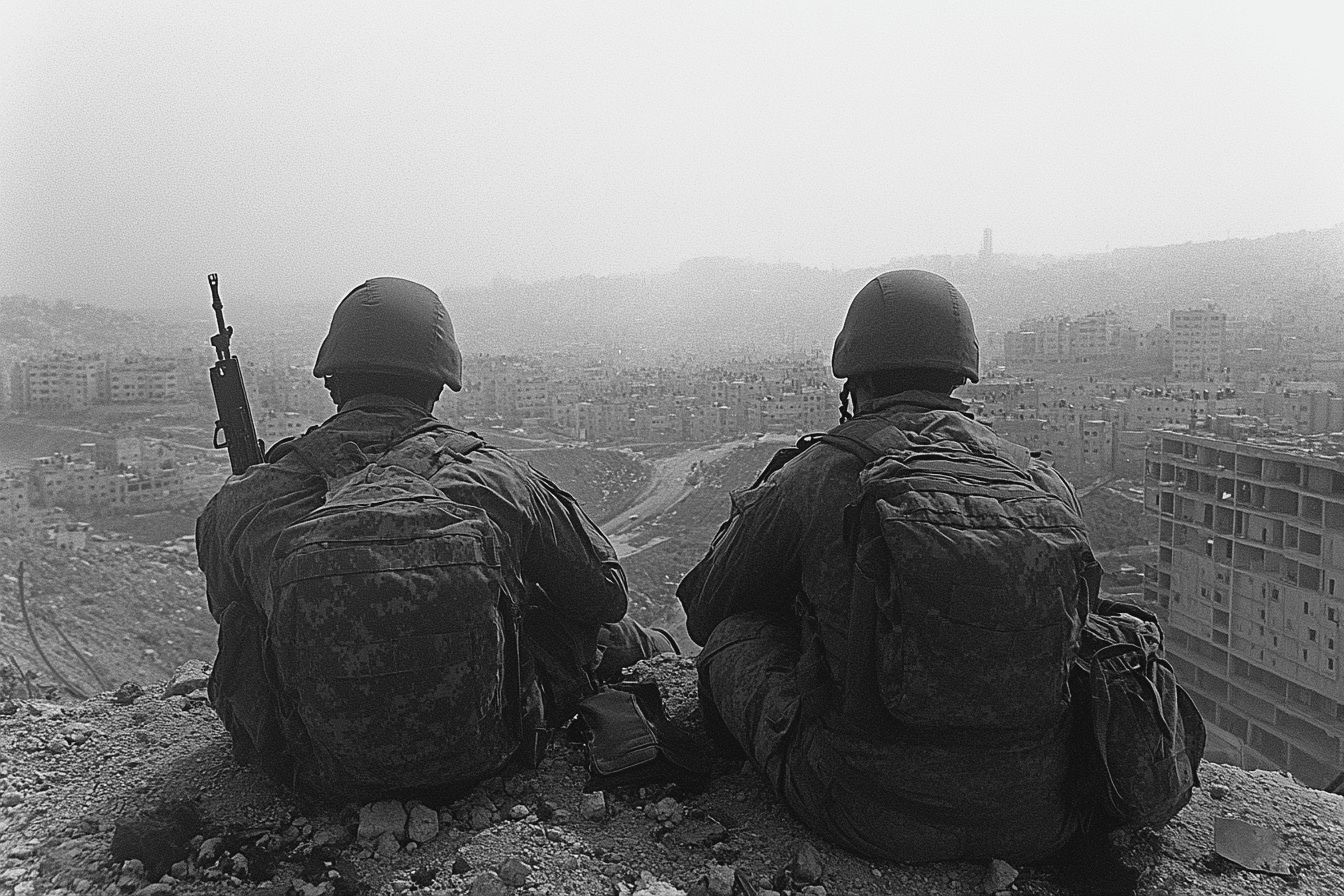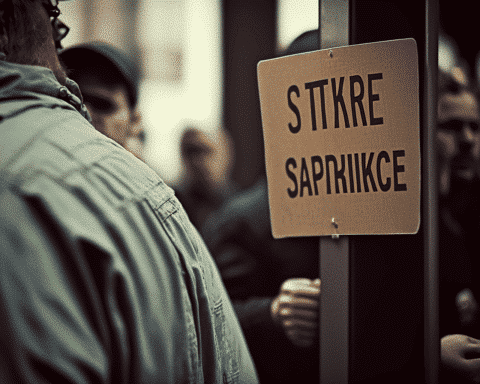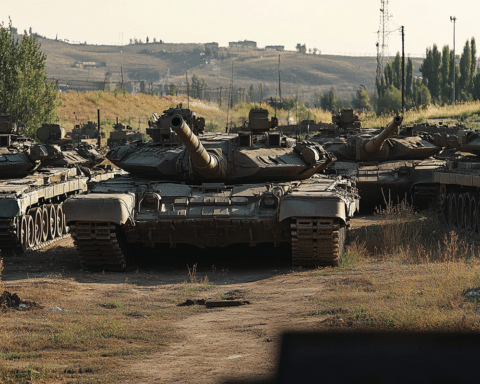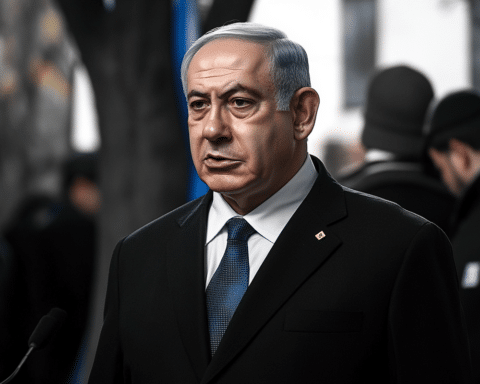Israel Seeks Freedom to Act in Cease-Fire Agreement
Israeli officials are adamant about preserving their right to respond to Hezbollah under any potential cease-fire deal in Lebanon. This demand, raised amidst ongoing U.S. mediation efforts, adds complexity to the fragile negotiations. “In any agreement we will reach, we will have to maintain our freedom to act if there will be violations,” stated Israeli Foreign Minister Gideon Saar during a meeting with foreign ambassadors in Jerusalem.
Defense Minister Israel Katz echoed this sentiment, emphasizing that Israel’s ability to strike Hezbollah is “the condition for any political settlement in Lebanon.” Katz made these remarks during a meeting with Israeli intelligence corps officers.
The Proposal and Its Challenges
The cease-fire proposal, based on U.N. resolution 1701, aims to push Hezbollah fighters and Israeli forces out of southern Lebanon. However, its success hinges on clear implementation and monitoring mechanisms. Amos Hochstein, the Biden administration’s envoy, has been meeting with regional officials to finalize the agreement. On Tuesday, Hochstein noted that a resolution is “within our grasp.”
Despite some progress, challenges remain. Lebanon has historically accused Israel of violating U.N. resolutions through territorial disputes and military overflights. Conversely, Israel claims Hezbollah has established significant military infrastructure in southern Lebanon since 2006.
Consequences of Prolonged Conflict
The ongoing exchanges between Hezbollah and Israel have devastated both sides. Lebanon’s Health Ministry reported over 3,500 deaths and the displacement of over 1 million people. In Israel, more than 70 fatalities have been recorded, with tens of thousands fleeing their homes.
While the cease-fire could bring temporary relief to northern Israel and southern Lebanon, the war in Gaza continues unabated. The Gaza conflict has claimed nearly 44,000 lives, exacerbating a humanitarian crisis.
Uncertainty Surrounding Implementation
Even if the cease-fire deal succeeds, questions remain about its enforcement. The failure to fully implement U.N. resolution 1701 after the 2006 war underscores the difficulty of achieving sustainable peace. Moreover, escalating violence, including recent airstrikes in Syria attributed to Israel, highlights the region’s volatility.
As negotiations continue, the demand by Israeli officials to retain strike capabilities against Hezbollah underscores the challenges of securing lasting peace. Without precise mechanisms for enforcement and mutual compliance, the risk of renewed violence looms large. International mediator Amos Hochstein’s efforts offer a glimmer of hope, but the road to peace remains uncertain.




